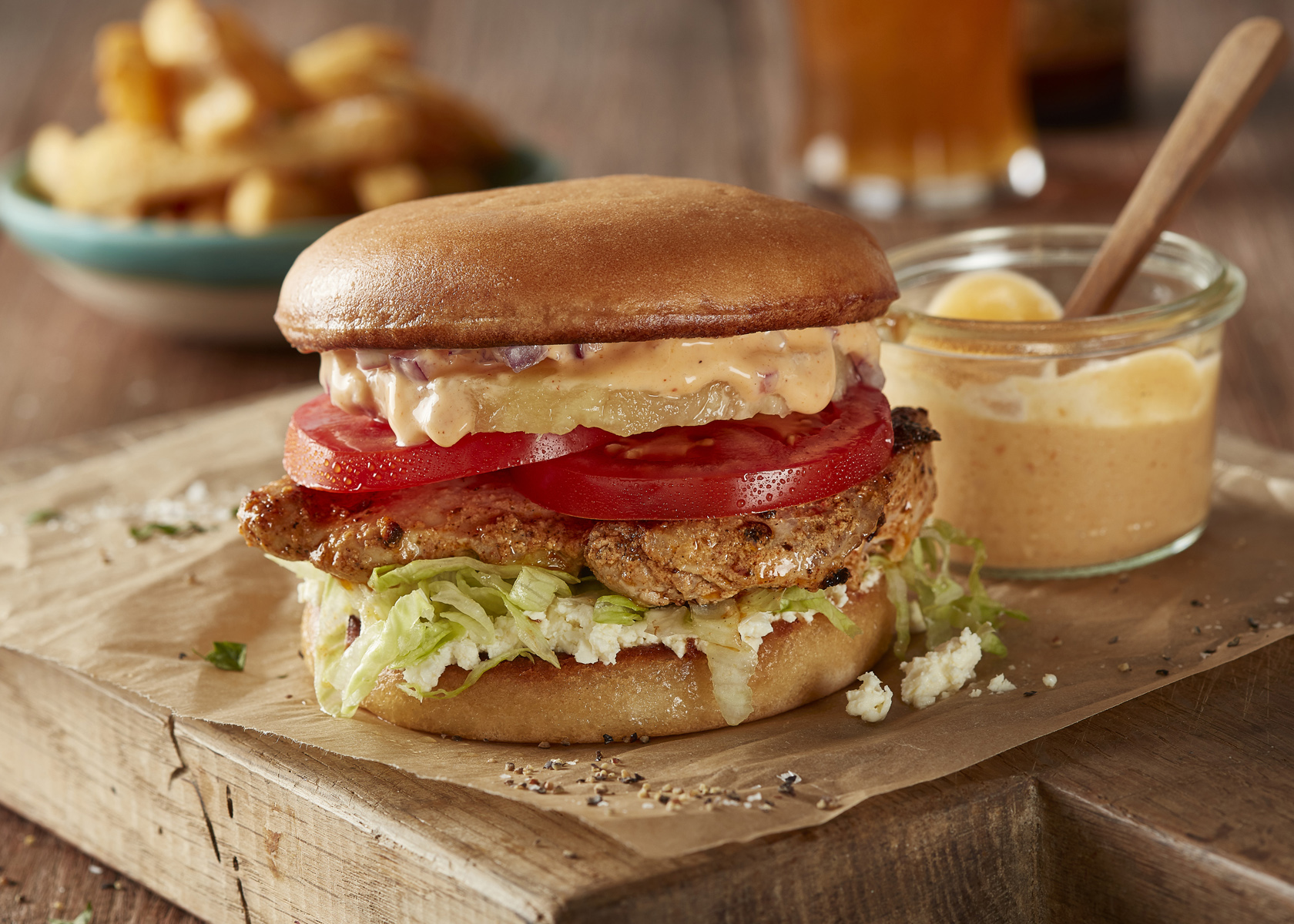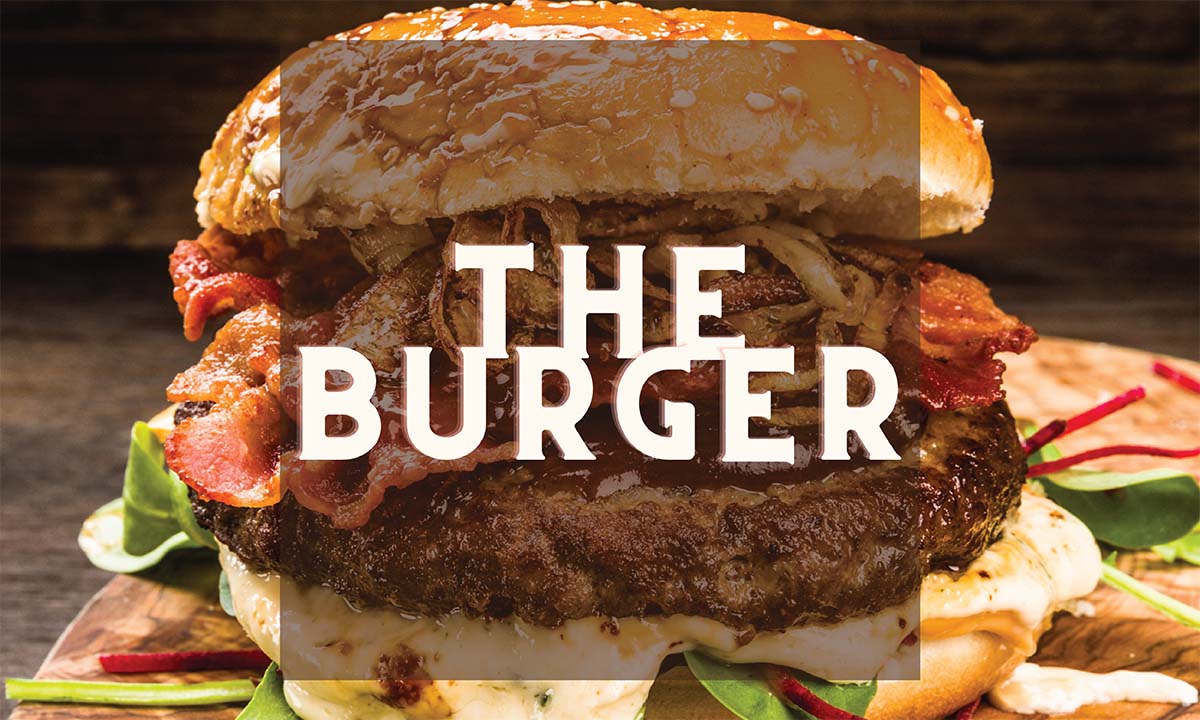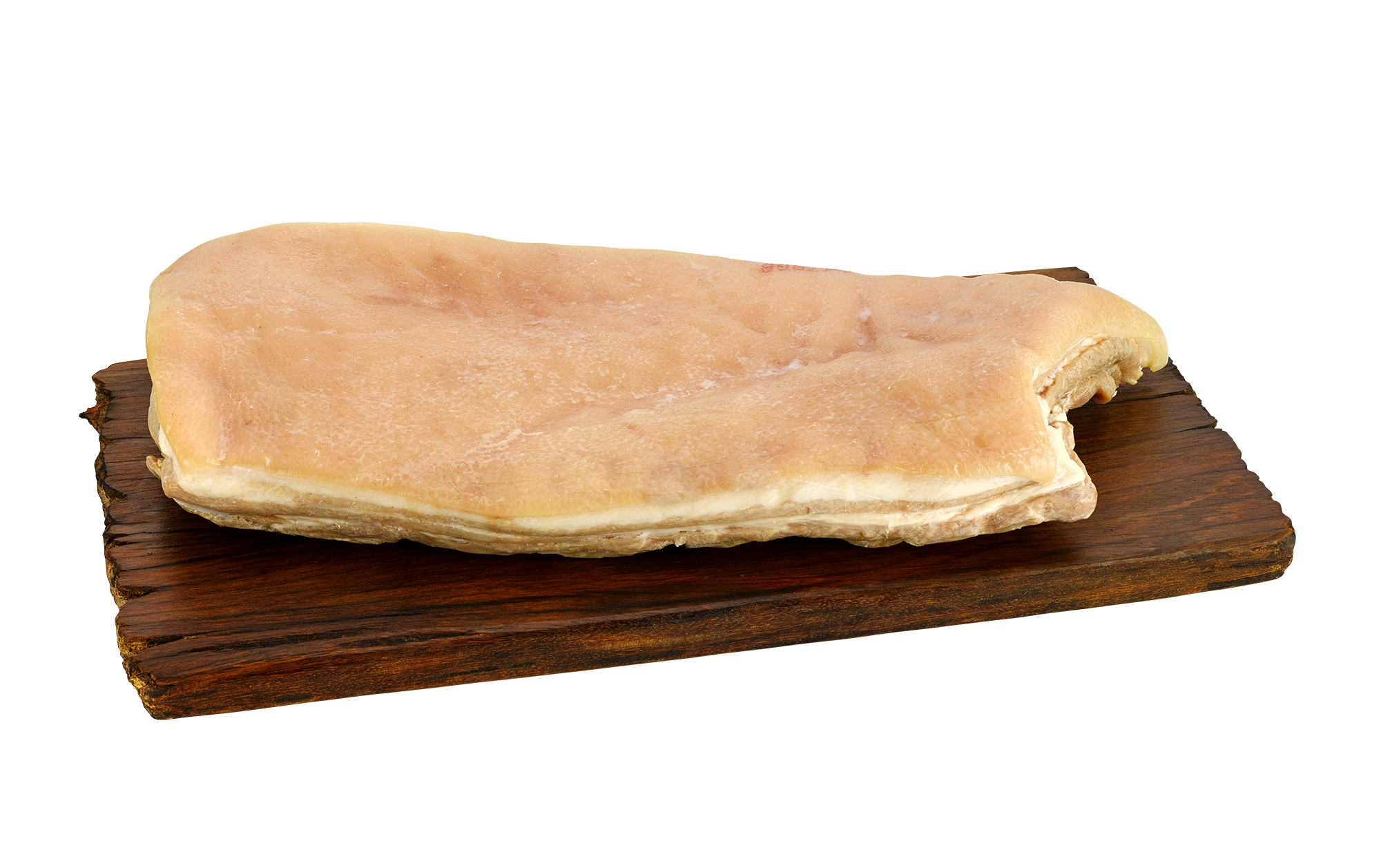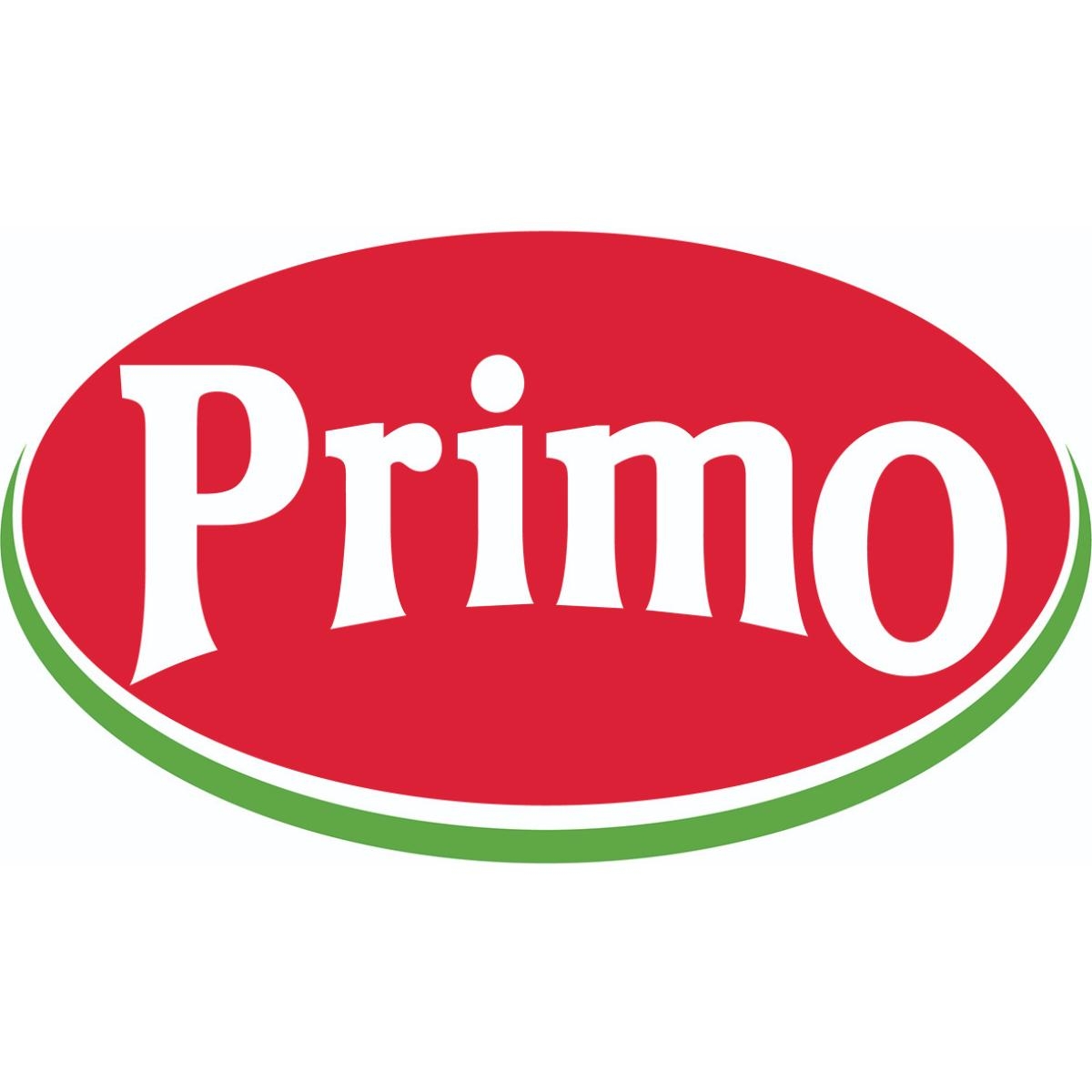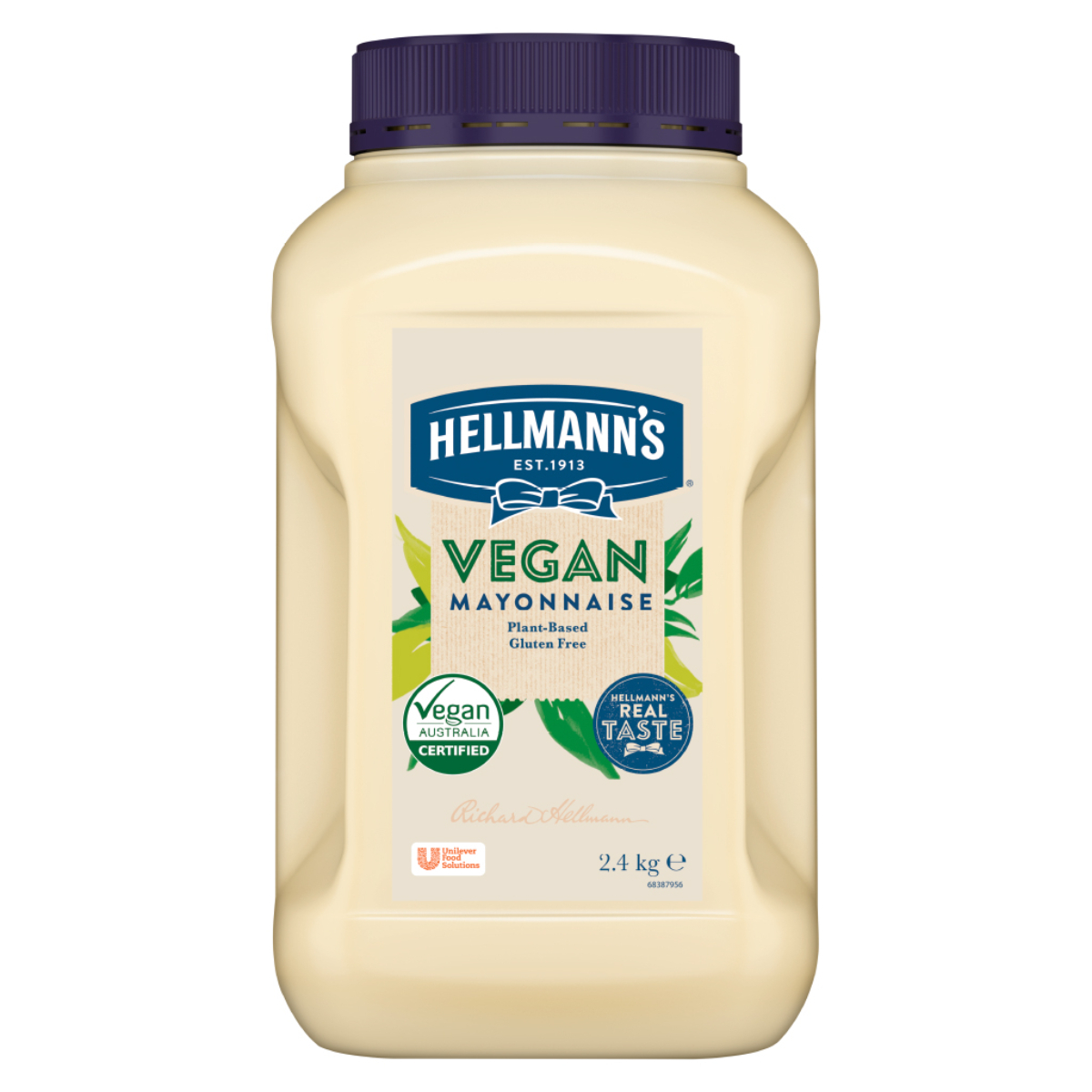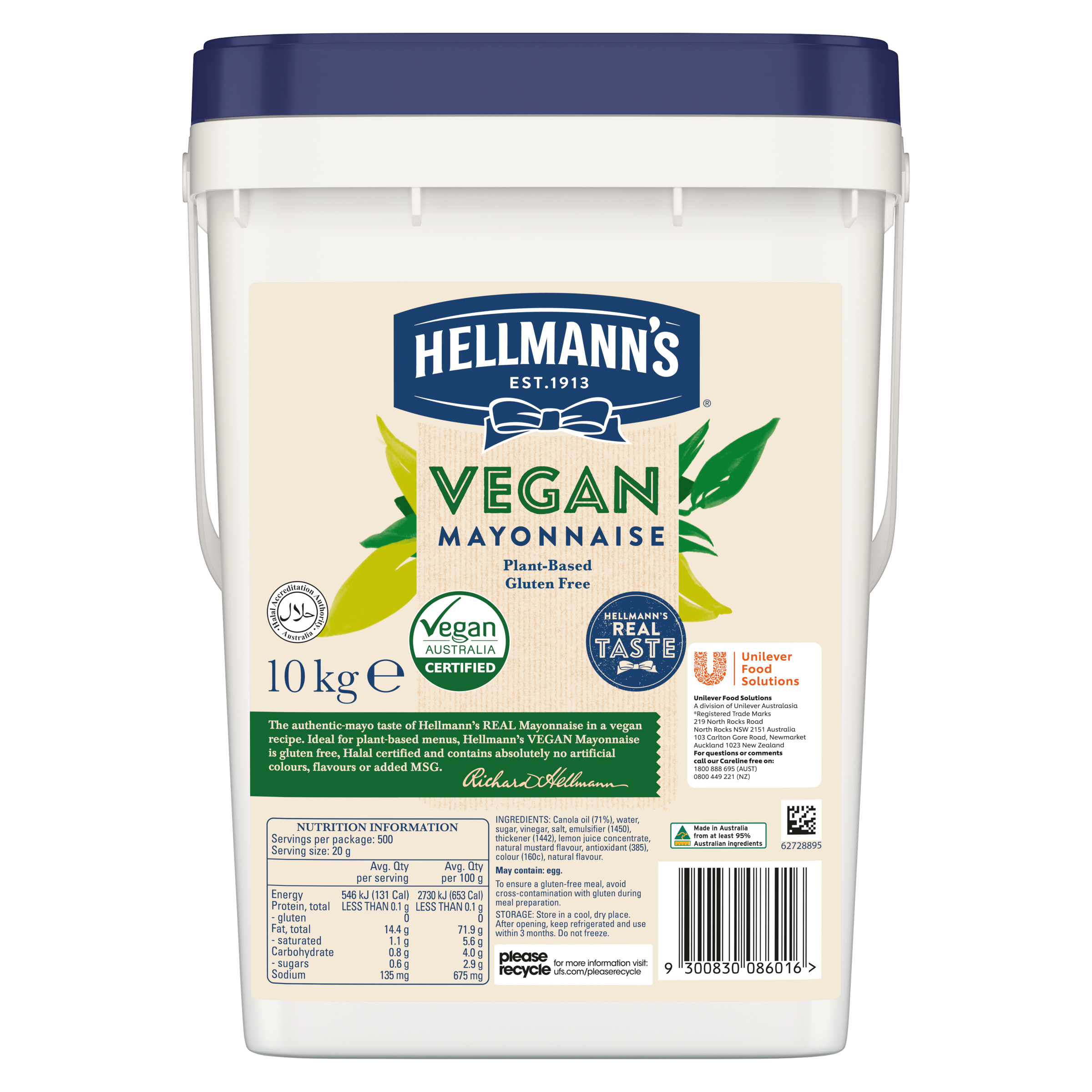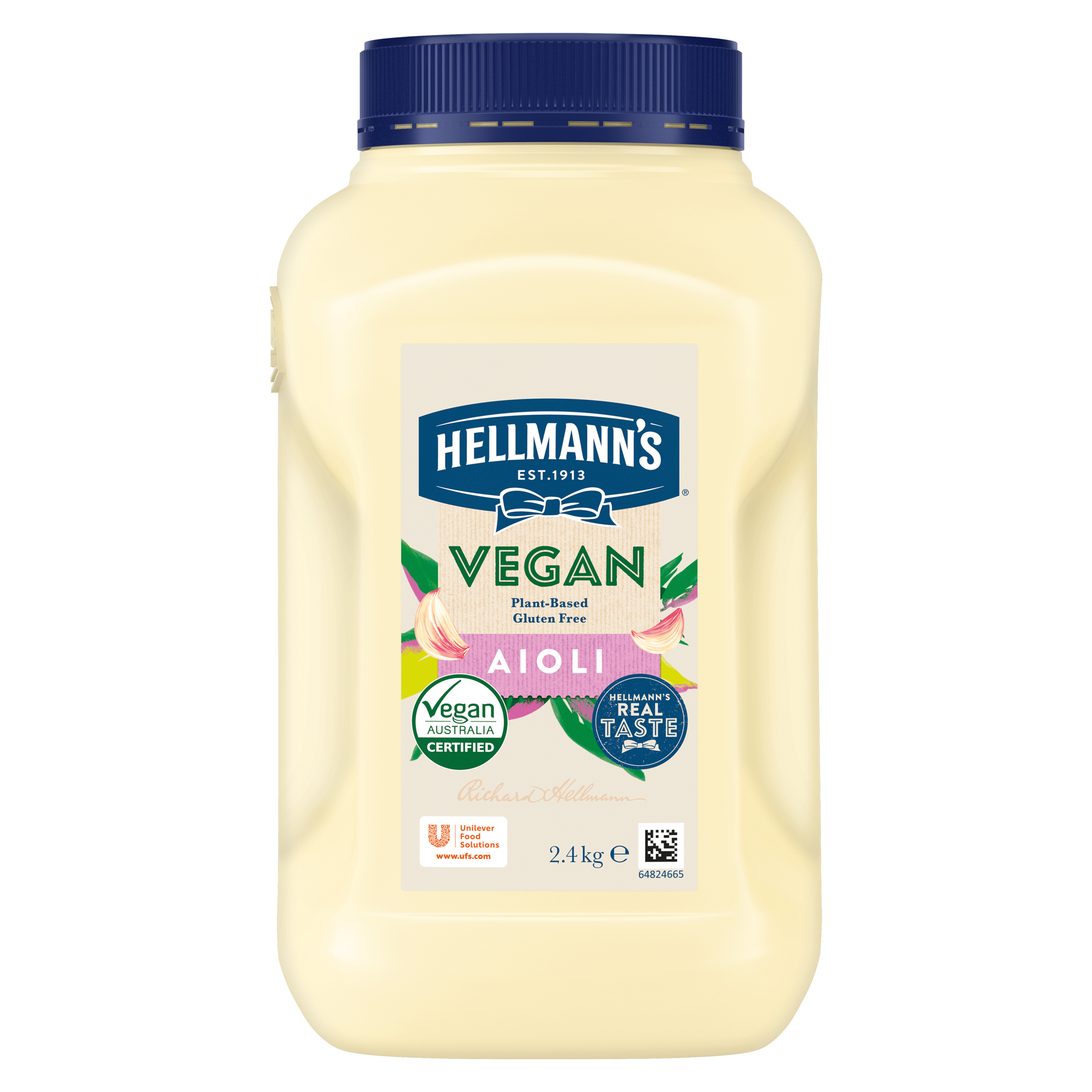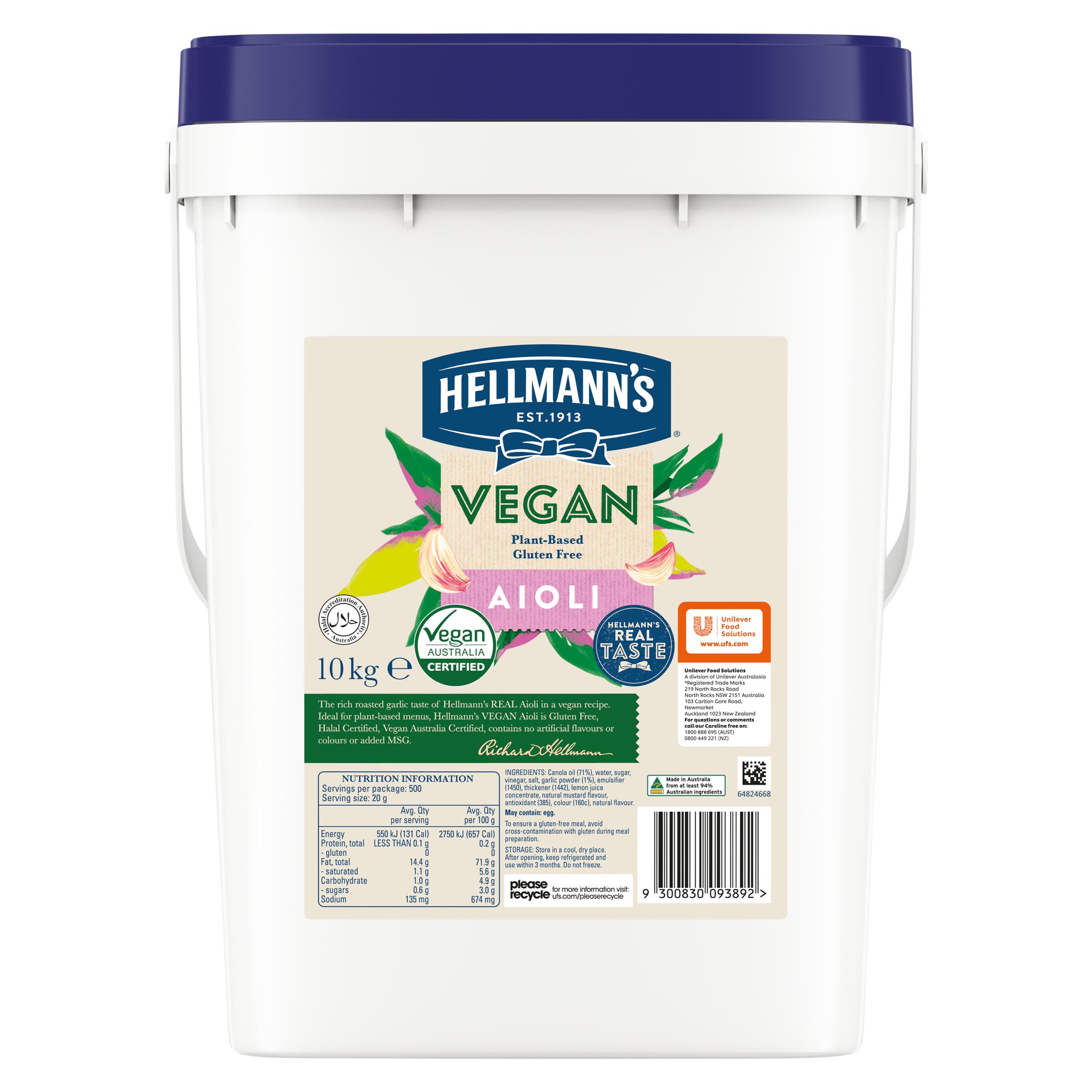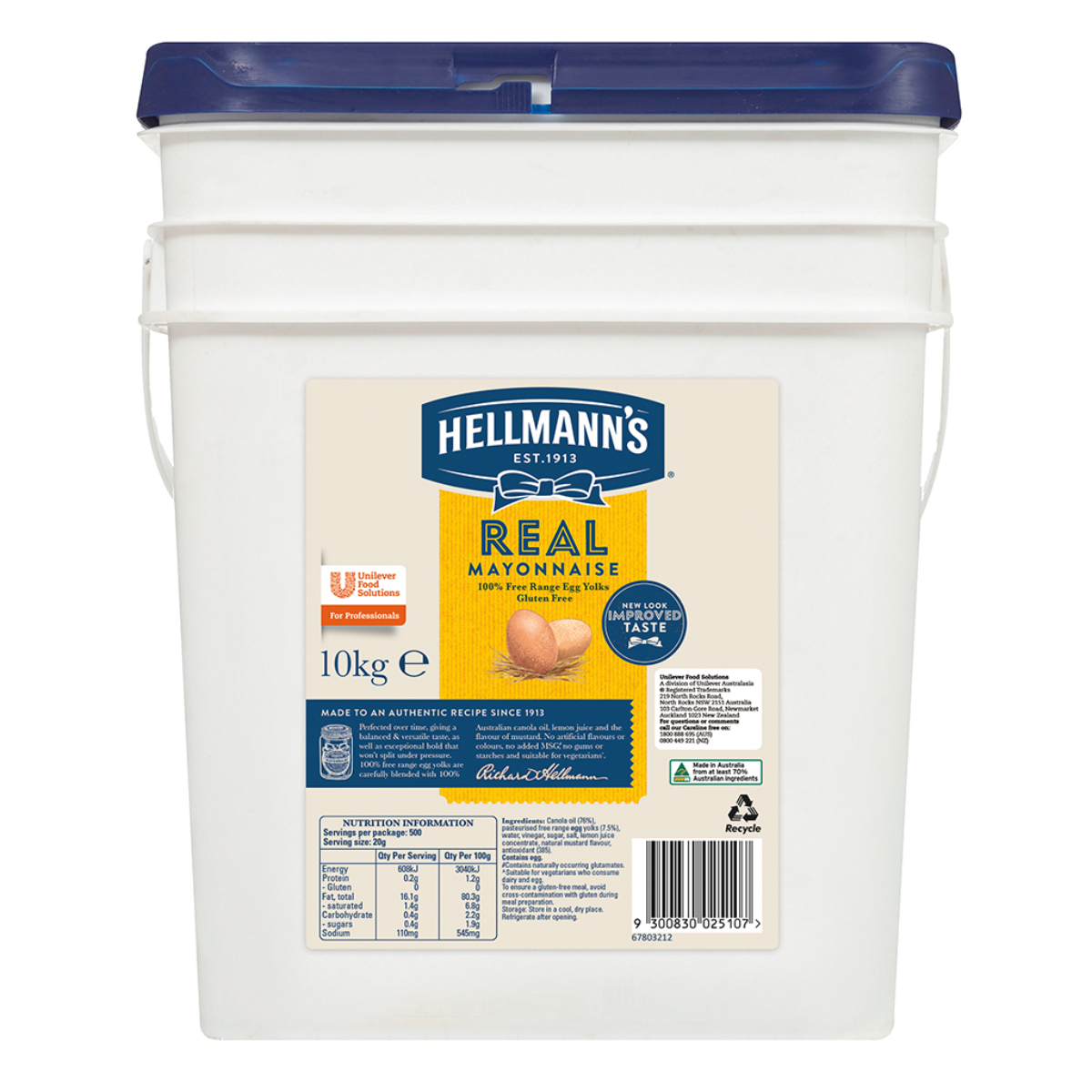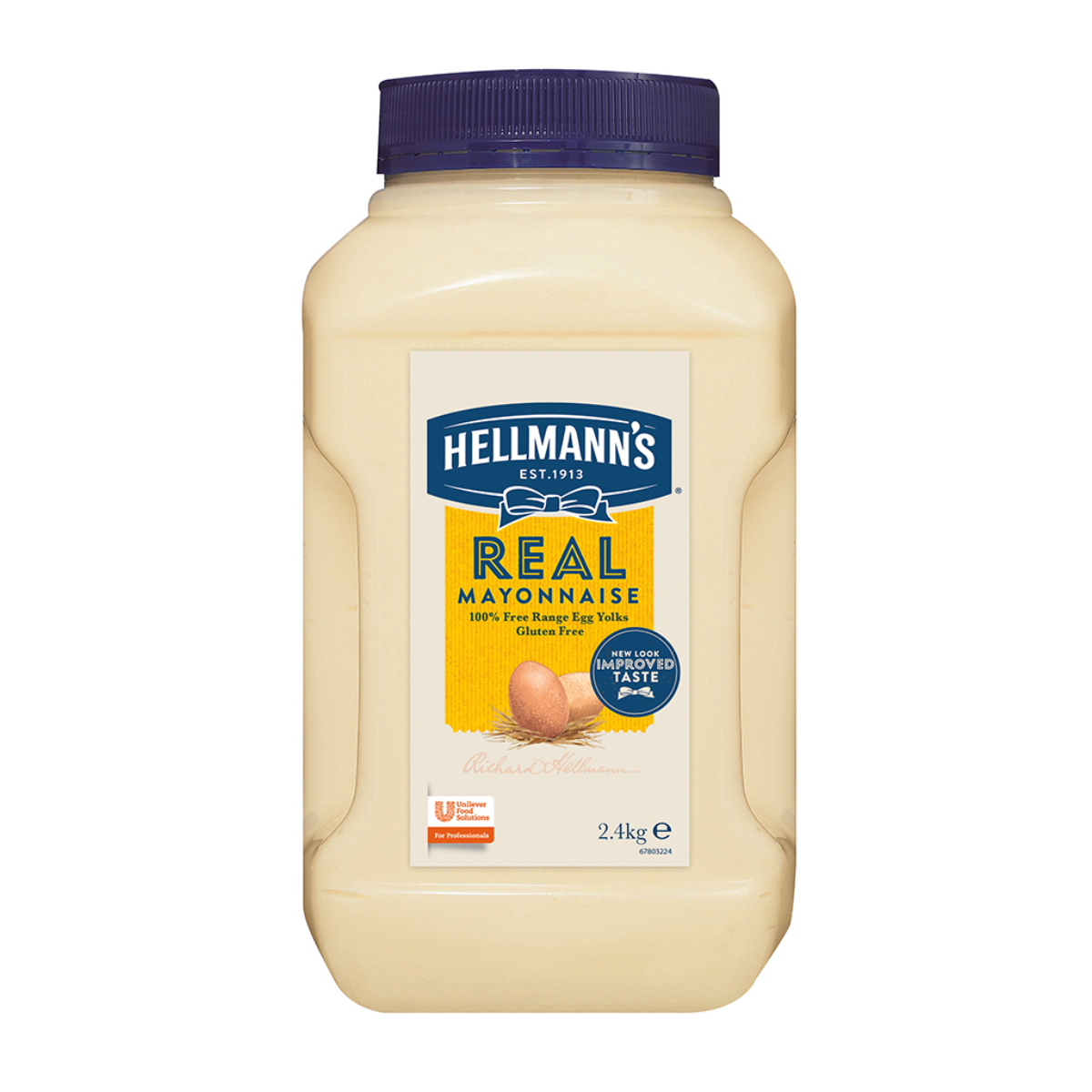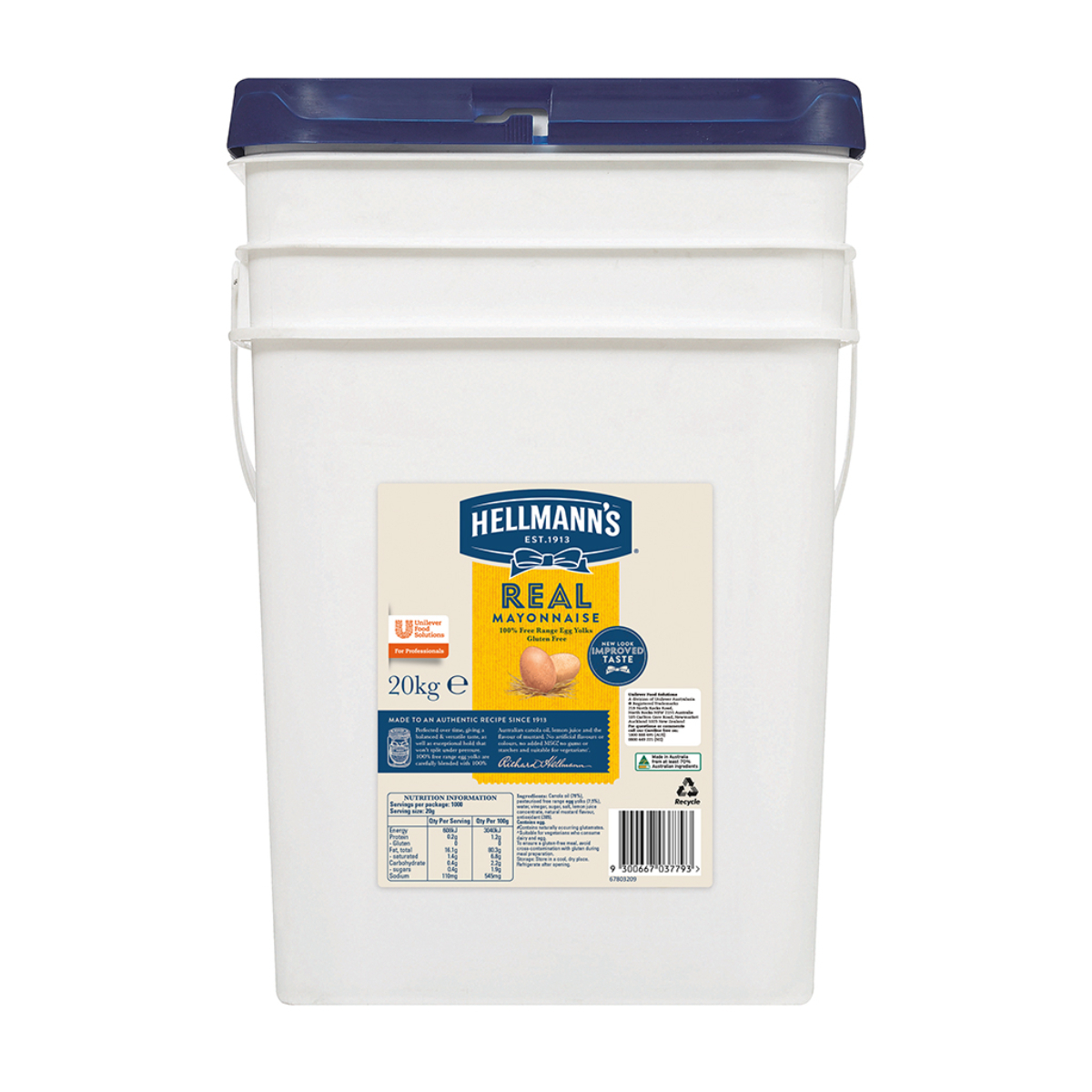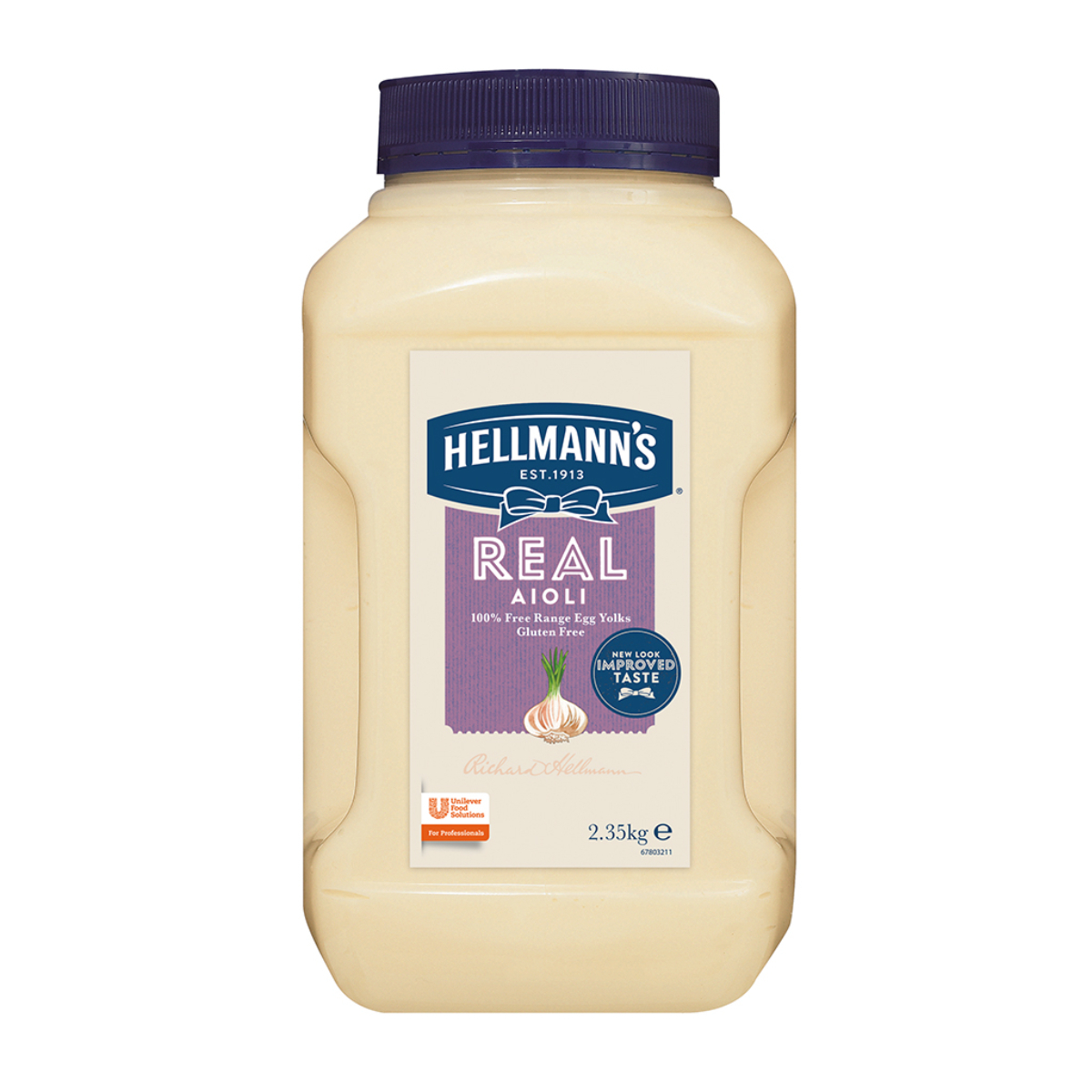Food trucks have become a beloved part of urban culture, offering a diverse array of culinary delights. However, with the rise in popularity of food trucks comes an increase in food waste and packaging waste. To address this issue, food truck operators can adopt packaging solutions made from natural materials that are compostable. This not only reduces waste but also transforms it into valuable compost.
The Challenge of Food Waste
Food waste is a significant environmental issue. According to the Department of Climate Change, Energy, the Environment and Water, each year Australians waste around 7.6 million tonnes of food across the food supply chain. This equals about 312kg per person. This waste contributes to greenhouse gas emissions when it decomposes in landfills. Food trucks, like any other food service operation, generate their fair share of food waste. This waste includes leftover food, spoiled ingredients, and the packaging that contains these items.
The Solution: Compostable Packaging
To tackle food waste effectively, it’s crucial to consider both the food and its packaging. Compostable packaging made from natural materials offers a sustainable solution. By choosing packaging that can be composted along with food waste, food truck operators can ensure that both the packaging and the food scraps end up in compost bins, creating a high bacterial environment necessary for composting.
Natural Fibre Packaging
One of the most promising materials for compostable packaging is natural fibre, specifically bagasse, a byproduct of sugarcane processing. Bagasse is an excellent choice for food truck packaging because it is sturdy, heat-resistant, and compostable. When disposed of in a compost bin, bagasse packaging breaks down quickly, returning valuable nutrients to the soil.
Cardboard Trays: A Compostable Alternative
Cardboard trays are another fantastic option for food truck packaging. Unlike plastic, cardboard trays can be composted, even with food waste on them. Recycling cardboard contaminated with food waste is often challenging, making composting a preferable option. By composting cardboard trays, food truck operators can ensure that both the packaging and any leftover food contribute to creating rich, organic compost.
Benefits of Compostable Packaging
- Reduces Landfill Waste: Compostable packaging helps divert waste from landfills, reducing methane emissions and conserving landfill space.
- Improves Soil Health: Composting food waste and packaging adds valuable nutrients back into the soil, enhancing soil health and fertility.
- Supports Sustainability: Using compostable packaging aligns with sustainable practices, appealing to environmentally conscious consumers.
- Simplifies Waste Management: Compostable packaging simplifies the disposal process, as both food waste and packaging can be thrown into the same compost bin.
Implementing Compostable Packaging in Food Trucks
To make the switch to compostable packaging, food truck operators can follow these steps:
- Source Compostable Materials: Look for packaging made from natural fibres like bagasse and compostable cardboard trays.
- Educate Staff and Customers: Ensure that staff understand the importance of compostable packaging and how to dispose of it properly. Educate customers by displaying clear signage and providing information about your sustainable practices.
- Set Up Compost Bins: Place compost bins in and around your food truck for easy disposal of food waste and packaging.
By adopting compostable packaging made from natural materials, food truck operators can significantly reduce their environmental footprint. This approach not only addresses the challenge of food waste but also turns waste into a valuable resource—compost. Choosing natural fibre packaging, like bagasse and compostable cardboard trays, ensures that food waste and packaging are disposed of together, creating a high bacterial environment for effective composting. Embracing compostable packaging is a step toward a more sustainable and eco-friendly food truck industry.




